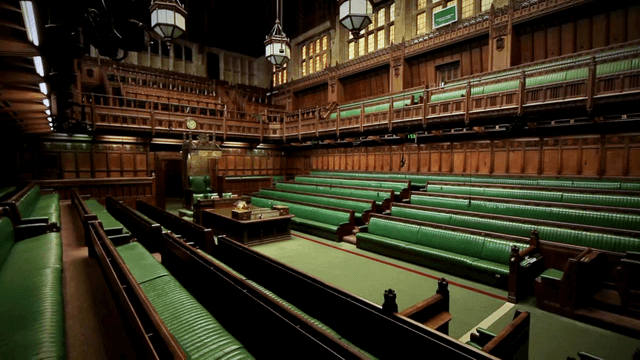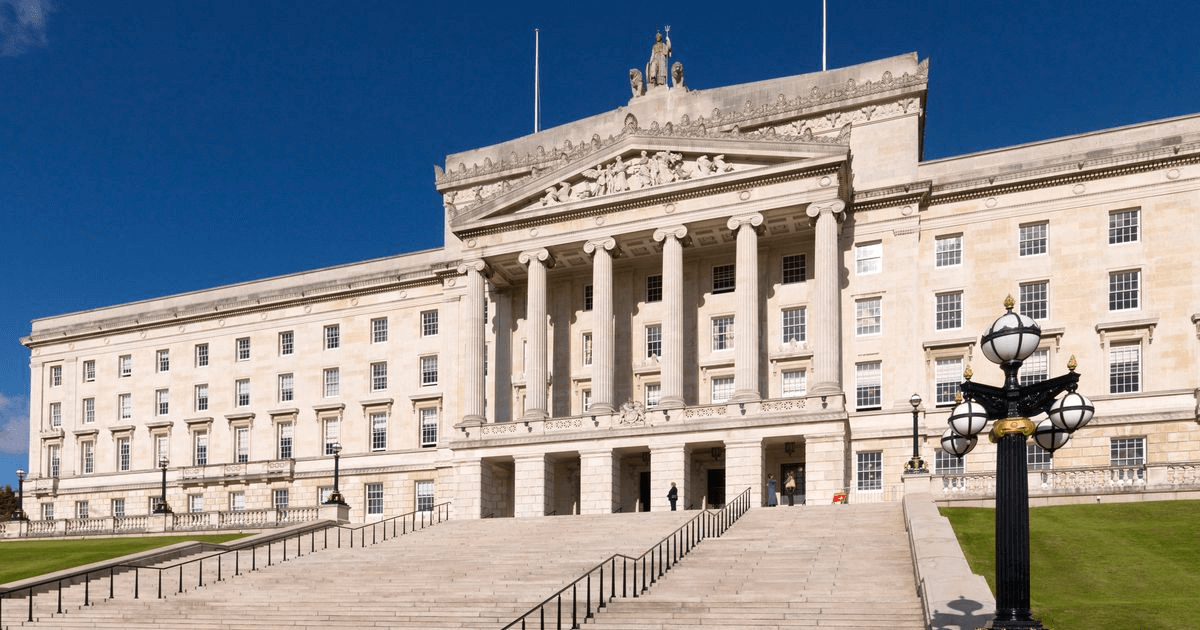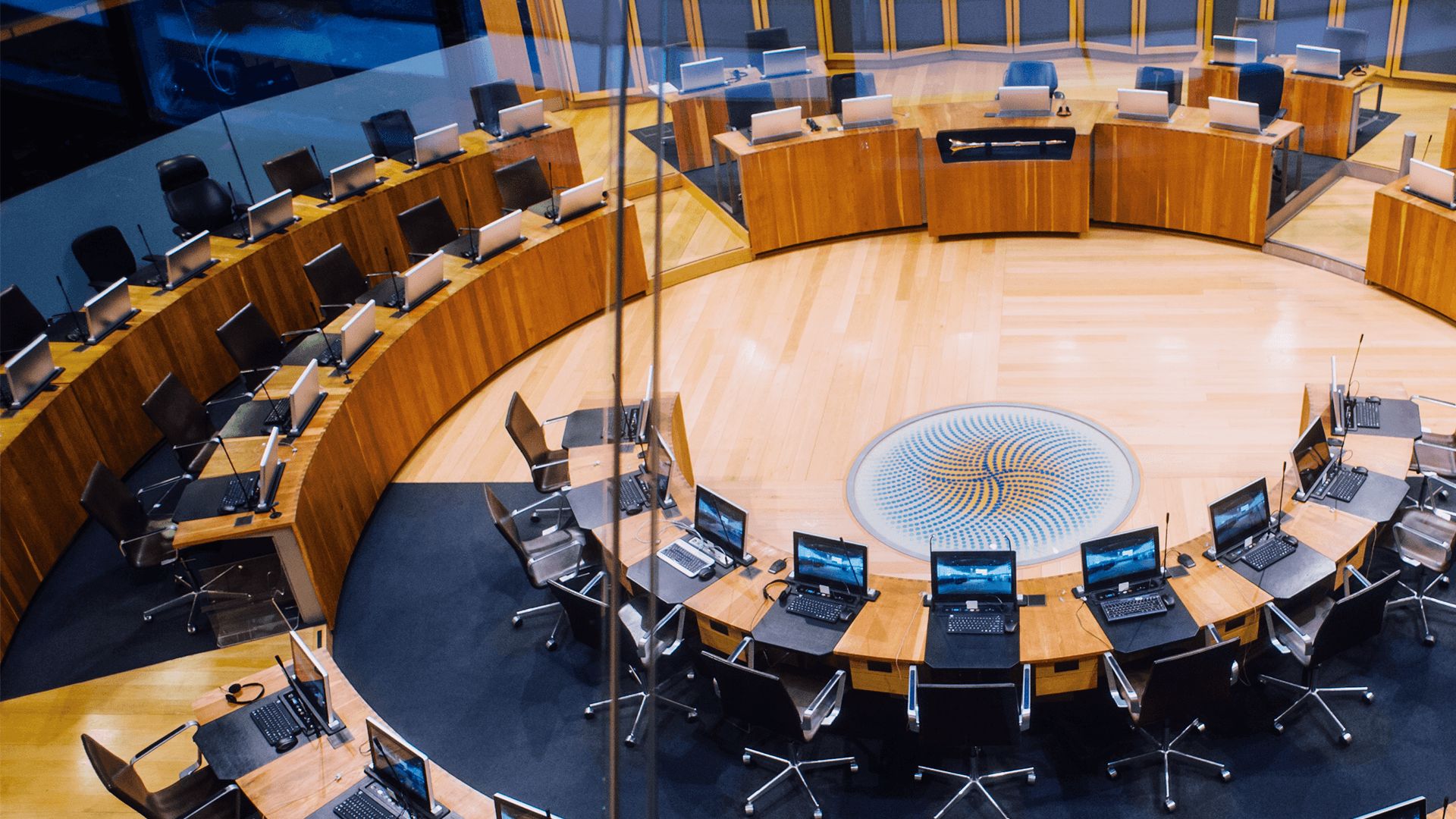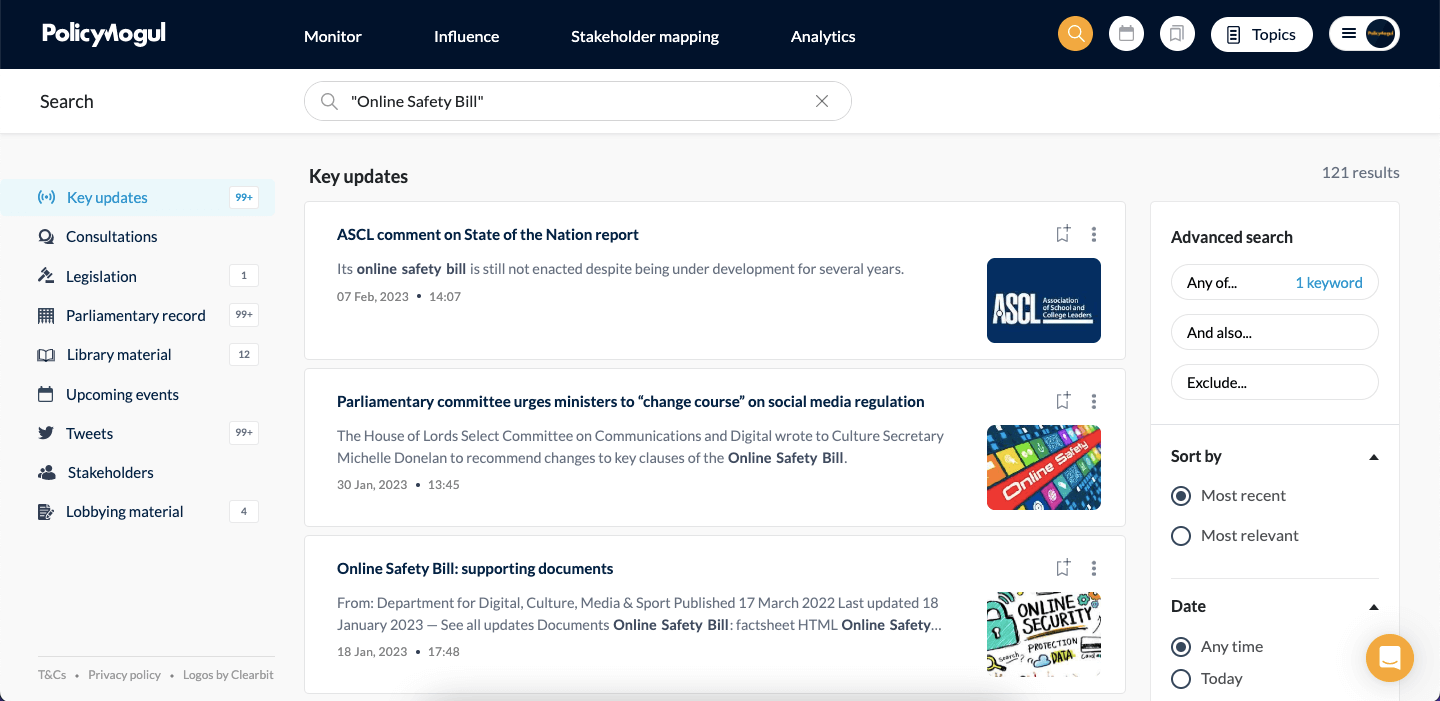A beginner’s guide to UK lobbying
Lobbying – the practice of informing and influencing policymakers – is often seen as controversial, but if done transparently it is a legitimate and essential part of democracy.
Along with other political influencing activities, it allows democracy to play out continually – rather than only at election time – by enabling people with informed opinions and insights to help shape the development of our laws.
This introductory guide explains how lobbying works in the UK and provides practical advice about how to inform and influence policy.
If you’re working for a charity or other organisation that wants to influence policy, knowing what is expected of you and developing good ethical standards will stand you in good stead.

Who can lobby the government?
Political influencing is often undertaken by consultancies but can also be done successfully by campaigners, in-house teams in private companies, charities, NGOs, trade unions, membership and trade bodies. Anyone who wants to influence policy can get involved with a few simple strategies.
Why does lobbying have a bad reputation?
People often avoid using the term ‘lobbying’ because of its poor reputation and sleazy connotations. Unfortunately, “cash for access” stories are not unusual, and any scandal involving money and politics is usually referred to as a ‘lobbying scandal’ by the press, even if no public affairs professionals have been involved.
Recent examples of scandals include MP Andrew Bridgen, who was suspended in January 2023 for failing to declare he received a paid trip to Ghana; Baroness Goudie, who was also suspended in January 2023 for helping ecoLegacy, a cremations firm, with its lobby activities; and the suspension of the Earl of Shrewsbury in Dec 2022 for taking money from healthcare firm SpectrumX in exchange for lobbying ministers.
Although the press focus is often on parliamentarians, lobbyists and campaigners may also be named and shamed. To protect your organisation’s reputation, it is critical to act ethically and with transparency at all times.
Lobbying in the UK
Lobbying activity is not simply about working with parliamentarians and civil servants. It is about focusing your campaign at the right decision-making level. As devolution has become the norm across the UK, there has been a shift in lobbying activity to the new parliaments and, more recently, the mayors in England.

Regulation of UK lobbying
The lack of consistent regulation and a mix of statutory and voluntary registers have contributed to the contentious reputation of lobbying. If you are engaging in lobbying activity, you should familiarise yourself with the following acts and Registers:
- Transparency of Lobbying, Non-Party Campaigning and Trade Union Administration Act 2014 – this is the core piece of legislation governing lobbying in the UK. The Act introduced the need for consultant lobbyists to be recorded in an official register
- UK Lobbying Register – a voluntary register established by the Chartered Institute of Public Relations (CIPR) to encourage professional practice and provide a route by which members of the public can complain about the conduct of a lobbying professional
- The Lobbying (Scotland) Act 2016 – legislation introduced by the Scottish Parliament requiring those who participate in “regulated lobbying” to be included in Scotland’s own Lobbying Register
- Wales and Northern Ireland – there is no register of lobbyists operating in Wales or Northern Ireland. Instead, there is guidance and an expectation that Assembly Members should be vigilant when considering meeting with anyone who may be working in a lobbying capacity. They should take advice from internal parties and keep a register of meetings with individuals who are undertaking lobbying activity.
Criticisms and debate on the current measures in place to regulate lobbying in the UK centre on the idea that there is too much inconsistency, that the statutory rules are too narrow in whom they apply and that non-statutory ones are simply optional.
Good vs bad lobbying
The most effective public affairs work looks for opportunities to engage in policy development. Ideally, organisations will aim to be involved early in the policymaking process rather than waiting until the end when change becomes more difficult to secure.
It is also better to think in terms of engaging political players in a dialogue rather than broadcasting key messages at them. This creates an environment of healthy debate and collaboration, as opposed to opinions fighting for ground.
Learning to listen is a key and often overlooked skill in public affairs which will help to develop long-term relationships with stakeholders.
Types of lobbying activity
There are several types of lobbying activities, including:
- Political PR – raising the profile of an organisation and building a network
- Issues management – focusing on an issue with an endpoint in mind
- Campaigning – seeking to influence public policy over a period of time
- Legislative lobbying – aiming to have a bearing on bills going through Parliament
At the heart of all public affairs and lobbying is political intelligence. Being ‘in the know’ helps identify risks and allows you to be proactive. Awareness of political developments, agendas and policymaking timetables is key to planning a programme of activity which will successfully influence and inform the political debate. As well as identifying the type and timing of lobbying activity, good political intelligence will also determine the relevant stakeholders to target.

As an example of the kind of political intelligence informed organisations need to do their lobbying work, here are some political developments related to the Online Safety Bill, generated by the political information platform PolicyMogul:
- Political developments/news
- Legislation
- Parliamentary record
- Lobbying material from other sources
- Political sentiment

Online resources can enable parliamentarians to be more accessible and lobbying activities more transparent. PolicyInfluence is a powerful tool allowing campaigners to support each other and for relevant policymakers to find information without being bombarded by emails.
Even in the post-Covid environment of online meetings, direct engagement with audiences, politicians and officials remains an essential lobbying tool. But there are a range of other tactics to be used, including:
- Briefing papers – short summaries of an issue which highlight problems and solutions
- Commission and publish research – exploring issues in detail and generating evidence which can be used in policy development and communications
- Engagement – ensuring information gets to the right people at the right time, distributing materials to interested parliamentarians, committee members etc.
- One-to-one meetings – direct engagement which aims to establish a long-term relationship
- Events – bringing together stakeholders to learn more about an issue and network
- Media / social media activity – helping to set the scene for engagement and raise the profile of an issue
- Parliament – considering how you can get your arguments across through channels such as
- Select Committee inquiries, the work of All-Party Groups etc.
- Events such as Party conferences – attending and organising events at Party gatherings
Good listening skills are an important and often overlooked strength in public affairs that help to develop long-term strategic relationships with stakeholders. Ensure you think in terms of engaging political players in a dialogue rather than broadcasting key messages at them. This creates an environment of healthy debate and collaboration, as opposed to rival opinions fighting for ground.
Creating a strategy – tips for success
When it comes to developing an effective campaign strategy, there are several aspects to consider, including:
- Be informed – protect your time and your reputation by understanding the issue you intend to lobby on in depth. Know who would benefit from your proposed change in policy so you can be clear on how policymakers can help. Be ready with counterarguments and compromises if necessary.
- Audience – develop a stakeholder map and understand and prioritise who to target. Focussing on MPs and peers interested in your particular issue will be more beneficial than a scattergun approach to all parliamentarians. You may also find it most effective to enlist the support of a ‘champion’ on the back benches, rather than approaching ministers directly.
- Timing – devise a timeline which fits into the parliamentary calendar. There is no point in campaigning on an issue for which there is no time for consideration.
- Measures of success – decide what success looks like for your organisation, and devise key performance indicators to help measure progress against your objectives. Be realistic – there is no point in asking for something that isn’t achievable.
Conclusion
If you work in public affairs or campaigning, you will be incorporating influencing activities into your programme of work, whether you label it as lobbying or not.
We’ve touched on some of the reasons lobbying can have a bad reputation and why the term is not so widely adopted in the UK.
As lobbying steps out from the shadows, a spirit of transparency is essential to ensure that it supports rather than interferes with the core principles of democracy. For sure, good lobbying skills are and will remain an essential part of the public affairs and campaigning toolkit.

Links and further reading
Office of the Registrar of Consultant Lobbyists
UK Lobbying Register (UKLR)
Scottish Parliament Lobbying Register
Charity Commission’s Political activity and campaigning by charities guidance
CIPR guide to professional lobbying (download here)
UK Parliament guidance on lobbying
London Assembly – Guidance on lobbying
Northern Ireland Assembly – Guide for members on dealing with lobbyists (appendix 1)
Scottish Parliament – Information and guidance on lobbying
Welsh Parliament – Guidance on lobbying and access to Members of the Senedd
Image Credits:
Westminster debating chamber, creative commons license via Wikimedia
Northern Ireland Assembly, credit: Assembly Chamber, Parliament Buildings, image by Michael Cooper
Wales Sennedd debating chamber. Credit: Sennedd Wales

